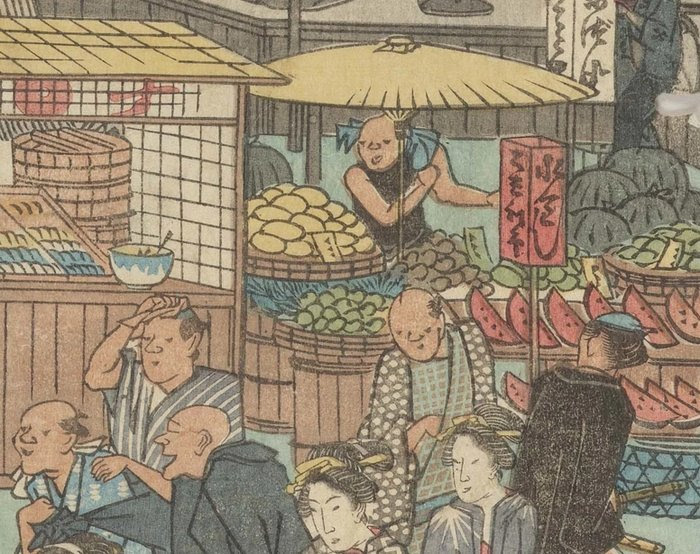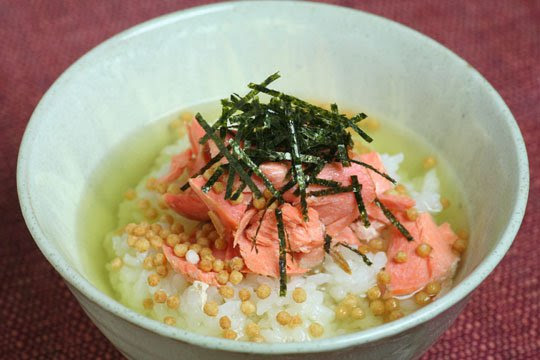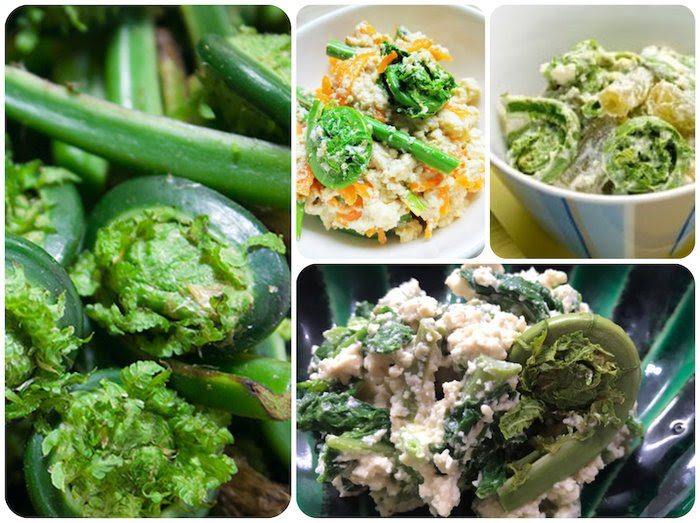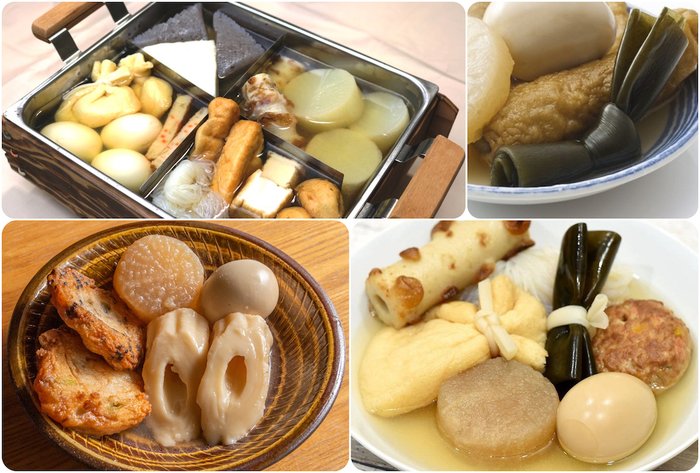
Oct.31
A Taste of Culture – Sudachi & Kabosu
Oct.31
Elizabeth Andoh
The Japanese have consumed a variety of citrus for millennia; enjoying both the juice and peels of the fruit. Many who reside outside Japan have become familiar with yuzu, a member of the Rutaceae (citrus) family primarily prized for its aromatic yellow peel. However, sudachi (above, left) and kabosu (above, right) both coming to market…

Sept.19
A Taste of Culture – WATERMELON
Sept.19
Elizabeth Andoh
Watermelons are ancient — 4000-year-old wall art in Egyptian tombs include images of elongated, green-striped melons. Cultivation spread across Asia and Europe and was brought to the Americas by colonists and the slave trade from Africa. On the Asian continent, watermelons can be traced through India, China (Uighurs) and into Japan possibly as early as…

June.25
A Taste of Culture – OCHA-ZUKÉ お茶漬け
June.25
Elizabeth Andoh
Japanese green tea connoisseurs keenly await the arrival of shin cha (new tea) at market early in May. Although most enthusiasts infuse the tender new leaves with very warm (never boiling hot!) water to make a beverage to savor on its own, my first purchase of shin cha each year is set aside for ocha-zuké,…

Mar.15
A Taste of Culture – AKU NUKI
Mar.15
Elizabeth Andoh
Dear friends, colleagues and those who have expressed an interest in the FOOD & CULTURE of Japan: Kogomi (fiddlehead ferns) and other sansai (mountain vegetables) are foraged from woodland areas in Japan just as snow begins to melt and the promise of spring is in the air. Bitter foods such as sansai play an important role in Japanese cookery. For…

Feb.12
A Taste of Culture – Banzuké RANKING
Feb.12
Elizabeth Andoh
by Elizabeth Andoh Dear friends, colleagues and those who have expressed an interest in the FOOD & CULTURE of Japan: The Japanese have a fondness for ranking things. There are endless lists known as BANZUKÉ for sports (Sumo wrestling banzuké is the most well-known), for TV personalities, for onsen (hot springs) hotels and other travel…

Nov.08
SURIBACHI: Groovy Grinding
Nov.08
Elizabeth Andoh
Every food culture is challenged to find ways of transforming unpalatable, indigestible foods into nourishing, tasty fare. Grinding and crushing is often part of that transformation process, helping to release nutrients and flavor otherwise locked into grains, seeds, leaves, bark, nuts, roots and tubers. A variety of tools have been developed throughout the world to…

Oct.30
DAIGAKU IMO: The Sweet Potato with a College Education
Oct.30
Elizabeth Andoh
While growing up in New York, I took lessons at The Art Student’s League on Saturday mornings. After class I would meet my father for a late lunch. His office was a few doors down from the Plaza Hotel (where Eloise had taken up residence in 1955) in the building next to Prexy’s. The burger…

Sept.12
A Taste of Culture – NANBAN-ZUKÉ: Southern Barbarian Cookery
Sept.12
Elizabeth Andoh
The Portuguese missionaries and merchants who came to Japan late in the 16th century arrived by way of southern waterways, settling in the port of Nagasaki, Kyushu. The Japanese referred to them as nanban jin or the “southern barbarians.” In addition to Christianity and trade, these early Portuguese visitors brought with them escabeche, a fried…

Sept.08
A Taste of Culture – Domburi Big Bowls
Sept.08
Elizabeth Andoh
The word DOMBURI refers to both the deep ceramic dish and the food served in it. Typically a generous portion of rice is topped with sauced meat, fish, and /or vegetables to make a filling, satisfying meal. Often left-overs are re-purposed in making the topping — a frugal and quick way to get dinner on…

June.10
A Taste of Culture – Kitchen Strategies
June.10
Elizabeth Andoh
TSUYU (literally, “plum rain”) arrives in Japan every year as spring turns to summer. Weather is newsworthy in the Japanese media, and a welcome respite this year from corona virus-related coverage. Just as the blooming of cherry blossoms is reported in detail, so TSUYU IRI (“entering the rainy season”) is also rigorously tracked. The average…










